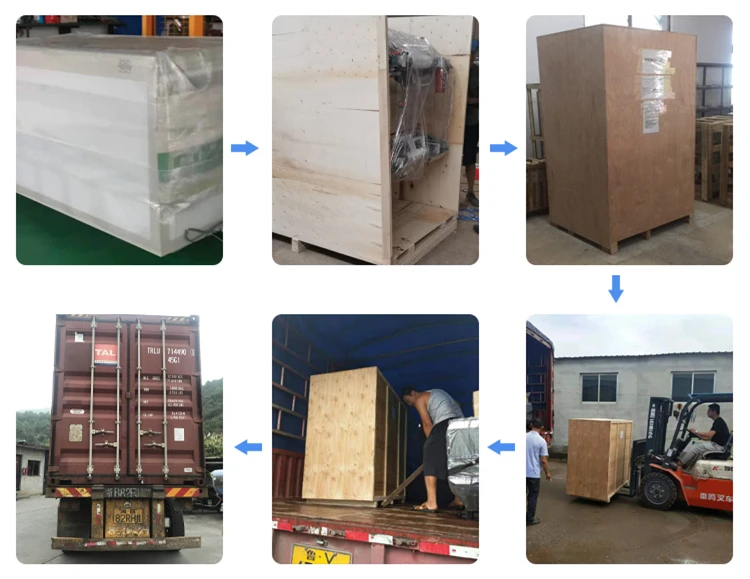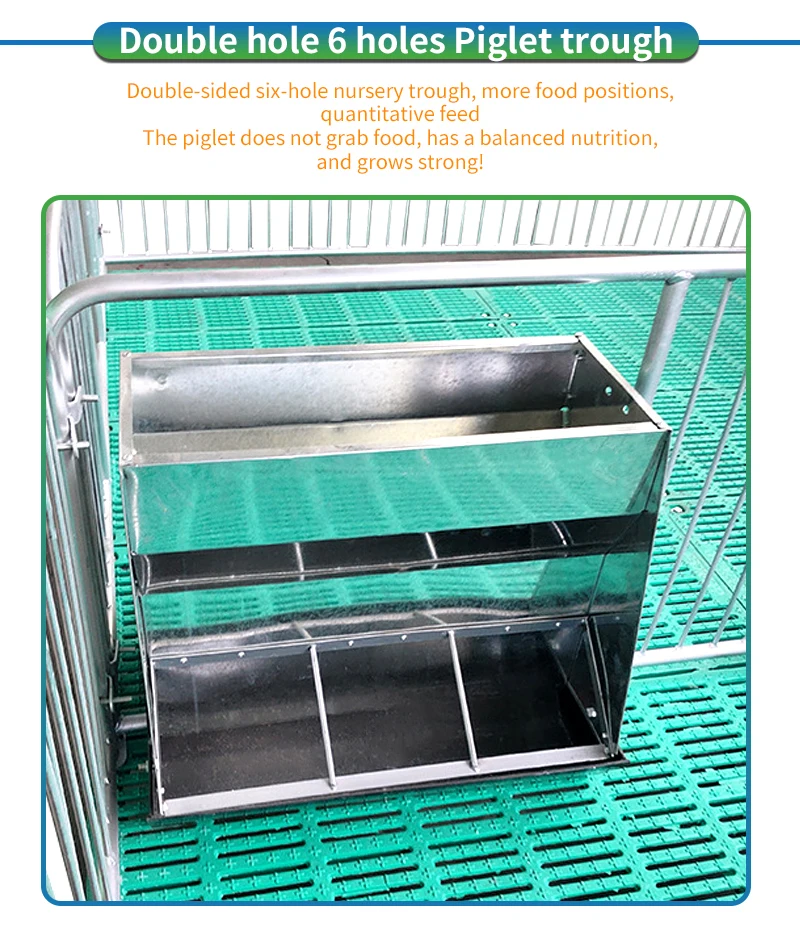chicken laying cages for sale
3 月 . 04, 2025 01:22 Back to list
chicken laying cages for sale
Exploring the Benefits and Considerations of Chicken Laying Cages for Sale
Expertise and Authority in Choosing Chicken Laying Cages Given the multitude of options available on the market, selecting the right chicken laying cages requires acknowledging the insights and assessments provided by farm management experts. These professionals evaluate cage designs based on factors such as material durability, ease of installation, and compatibility with farm infrastructures. They also consider the requirements of specific chicken breeds, ensuring that each farmer can tailor their choice to their unique operational demands. Furthermore, industry guidelines and authoritative resources emphasize the importance of adhering to ethical farming practices. This involves selecting cages that do not compromise the welfare of the hens. Animal welfare organizations stress the need for cages that offer sufficient space, access to clean water, and ample feeding opportunities, aligning productivity goals with humane treatment standards. Trustworthiness in Chicken Laying Cage Solutions Establishing trust with cage manufacturers and suppliers is imperative. Reputable companies provide detailed product information, including material specifications, design patents, and compliance with international animal welfare standards. Engaging with testimonials and case studies featuring satisfied customers can provide additional assurance, assisting farmers in making decisions backed by genuine user experiences. Leading suppliers often collaborate with agricultural researchers to ensure their designs incorporate the latest technological advancements. Some offer customizable options, allowing farmers to adapt cage features to specific climatic conditions or farm layouts. This flexibility demonstrates a commitment to supporting farmers in optimizing their operations while respecting ethical considerations. In conclusion, the decision to invest in chicken laying cages is multifaceted, requiring an integration of experience, expertise, authority, and trustworthiness. Through careful consideration of these elements, poultry farmers can enhance their operations significantly. Embracing the right cage system not only ensures optimal productivity and hen welfare but also aligns with ethical farming principles, ultimately leading to a successful and sustainable enterprise. As advancements continue to evolve within the industry, staying informed and connected with credible authorities remain pivotal to making the best choices for your poultry farm.


Expertise and Authority in Choosing Chicken Laying Cages Given the multitude of options available on the market, selecting the right chicken laying cages requires acknowledging the insights and assessments provided by farm management experts. These professionals evaluate cage designs based on factors such as material durability, ease of installation, and compatibility with farm infrastructures. They also consider the requirements of specific chicken breeds, ensuring that each farmer can tailor their choice to their unique operational demands. Furthermore, industry guidelines and authoritative resources emphasize the importance of adhering to ethical farming practices. This involves selecting cages that do not compromise the welfare of the hens. Animal welfare organizations stress the need for cages that offer sufficient space, access to clean water, and ample feeding opportunities, aligning productivity goals with humane treatment standards. Trustworthiness in Chicken Laying Cage Solutions Establishing trust with cage manufacturers and suppliers is imperative. Reputable companies provide detailed product information, including material specifications, design patents, and compliance with international animal welfare standards. Engaging with testimonials and case studies featuring satisfied customers can provide additional assurance, assisting farmers in making decisions backed by genuine user experiences. Leading suppliers often collaborate with agricultural researchers to ensure their designs incorporate the latest technological advancements. Some offer customizable options, allowing farmers to adapt cage features to specific climatic conditions or farm layouts. This flexibility demonstrates a commitment to supporting farmers in optimizing their operations while respecting ethical considerations. In conclusion, the decision to invest in chicken laying cages is multifaceted, requiring an integration of experience, expertise, authority, and trustworthiness. Through careful consideration of these elements, poultry farmers can enhance their operations significantly. Embracing the right cage system not only ensures optimal productivity and hen welfare but also aligns with ethical farming principles, ultimately leading to a successful and sustainable enterprise. As advancements continue to evolve within the industry, staying informed and connected with credible authorities remain pivotal to making the best choices for your poultry farm.
Latest news
-
Battery Layer Cage Systems With Automatic Feeding Machine
NewsMar.07,2025
-
Hot Selling Multi Function Vacuum Packaging Machine
NewsMar.07,2025
-
Chicken scalder plucker machine for sale poultry scalder chicken plucking machine
NewsMar.07,2025
-
Egg Tray Making Machine 1000, 2000, pulp molding machine
NewsMar.07,2025
-
Automatic Feeding Line System Pan Feeder Nipple Drinker
NewsMar.07,2025
-
cage layer chicken
NewsMar.07,2025






